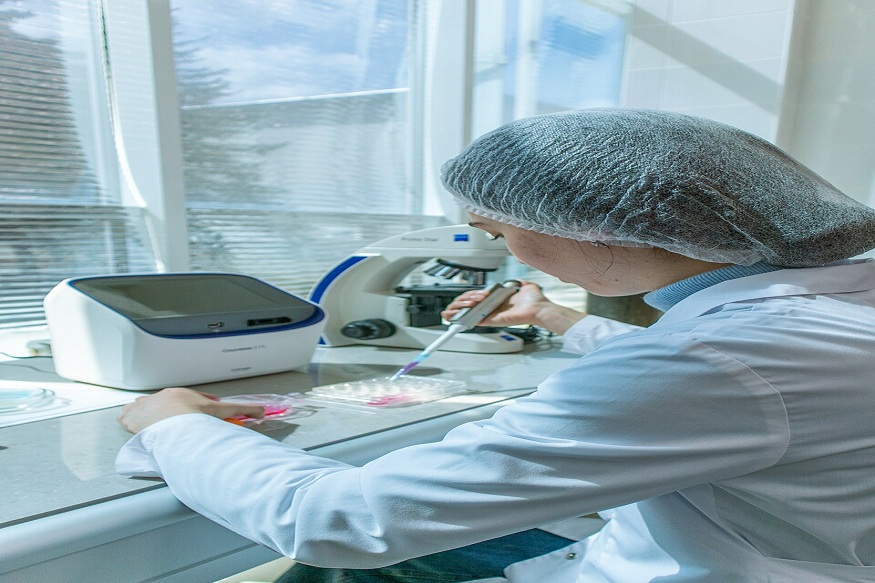Synthetic Biology, as per Dr. Curtis Cripe, is a rapidly advancing discipline within the broader field of bioengineering. It combines principles of biology, engineering, and computer science to design and construct new biological entities. The focus lies on creating organisms with functions that do not occur in nature or modifying existing ones for targeted purposes. Its applications span medicine, agriculture, energy, and environmental sustainability.
At its core, synthetic biology differs from traditional genetic engineering. While genetic engineering modifies an organism’s existing genes, synthetic biology can design entirely new genetic circuits. This engineering approach views biological systems as modular components that can be assembled much like electronic systems. Such a perspective allows scientists to control biological processes and outcomes predictably.
One key area is the design of bio-engineered organisms. These are living systems deliberately altered to express desired traits. They can produce valuable compounds, degrade pollutants, or adapt to extreme environments. Bio-engineered organisms are often created through computer-aided design tools and advanced laboratory techniques. This systematic process reflects the convergence of biology with engineering design thinking.
Genetic Circuit Design
Genetic circuits are fundamental to synthetic biology. They are arrangements of DNA sequences that control gene expression in predictable ways.
- These circuits can be designed to perform logical operations, similar to digital circuits in electronics.
- Components include promoters, repressors, and coding sequences, each serving specific regulatory functions.
- The design process involves modelling, simulation, and iterative testing to ensure stability and accuracy.
In medicine, genetic circuits can program cells to detect disease markers and release therapeutic molecules. Such targeted responses promise treatments with minimal side effects compared to conventional drugs. In industrial biotechnology, engineered circuits optimize microbial production of biofuels, pharmaceuticals, and specialty chemicals.
Metabolic Pathway Engineering
Metabolic pathway engineering is another prominent subfield. It involves altering the biochemical routes in organisms to increase the production of specific substances.
- This process requires understanding the organism’s native metabolism and identifying bottlenecks in production.
- Engineers can insert new genes or enhance existing pathways to redirect the organism’s metabolic resources.
- Computational tools predict how changes in one part of the pathway affect the whole system.
According to Dr. Curtis Cripe, microorganisms engineered through this approach can produce renewable materials and replace petroleum-based manufacturing methods. The emphasis is on efficiency, sustainability, and scalability, making it a critical strategy in addressing environmental concerns.
Synthetic biology also raises ethical and safety considerations. The creation of novel organisms prompts questions about ecological impact, unintended consequences, and bio-security. International frameworks and bio-safety protocols aim to ensure responsible research and application. Regulatory oversight seeks to balance innovation with public safety and environmental protection.
Public engagement is essential in this field. Transparent communication fosters trust and helps address societal concerns. As synthetic biology becomes more accessible through lower-cost technologies, the role of citizen scientists and community laboratories grows. This democratization of the field makes regulation and ethical discussion even more important.
The future of synthetic biology is intertwined with advances in artificial intelligence, automation, and nanotechnology. AI algorithms can predict optimal genetic designs. Automation accelerates experimental processes, while nanotechnology offers precision tools for molecular assembly. This convergence may enable breakthroughs in personalized medicine, resilient food systems, and climate change mitigation.
Synthetic biology and bio-engineered organisms represent a frontier of modern science. According to Dr. Curtis Cripe, they embody the integration of biology and engineering into a unified, design-driven discipline. While the opportunities are vast, so are the responsibilities. Sustainable progress will depend on robust safety measures, ethical integrity, and ongoing dialogue between scientists, policymakers, and the public. The careful shaping of this technology today will determine its impact on future generations.






